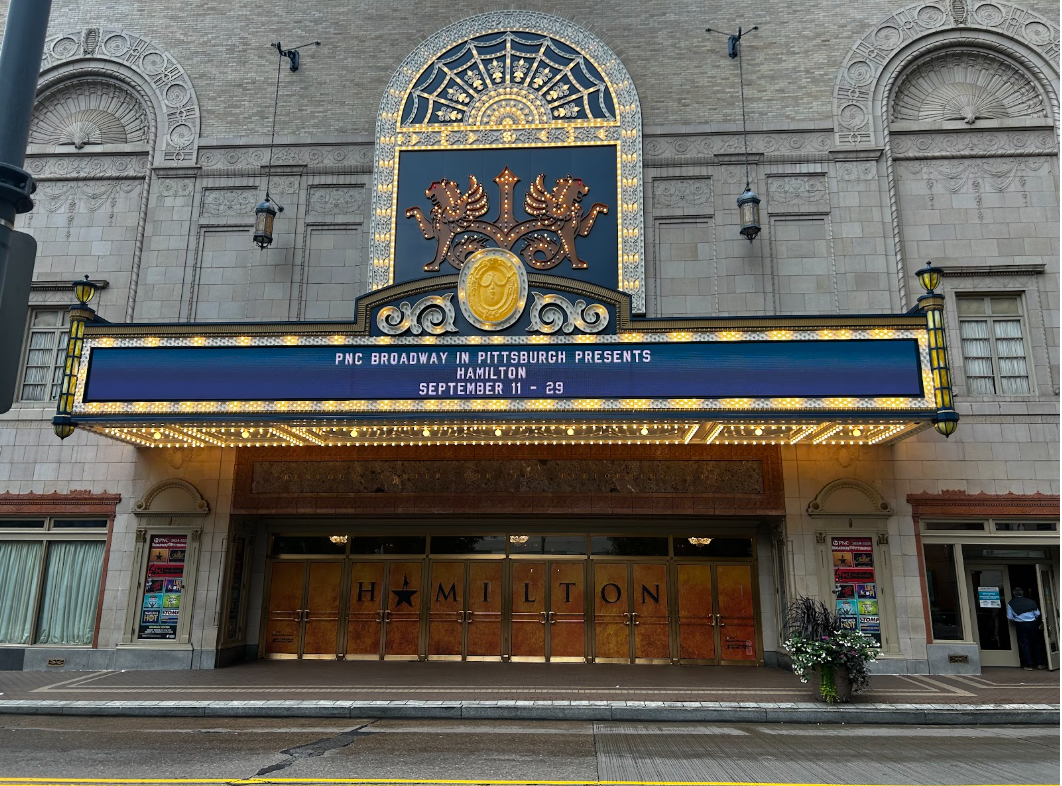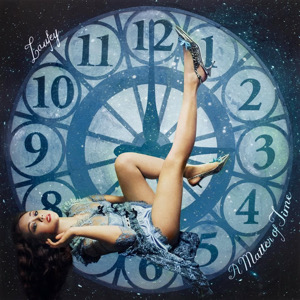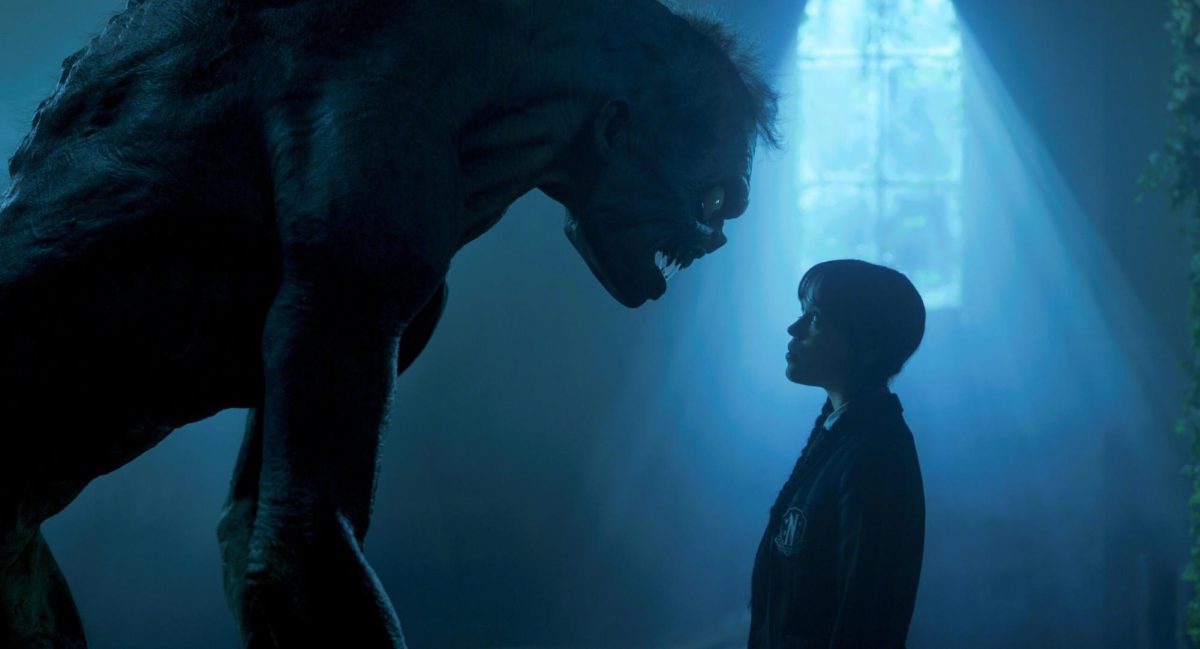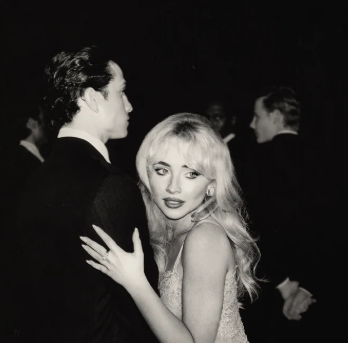The theatrical release of the movie Wicked was a disappointing experience for many excited moviegoers, who were forced to listen to musical fans singing through numbers, speaking the lines, and taking photos of the screen.
In the past, theaters were a place of respect and attention for movies and live performances. However, discourteous behavior and a lack of focus have now become much more common.
One of the most significant contributions is the rise in smartphone usage. With the growing psychological dependency on smartphones, people can feel uncomfortable or anxious when separated from their devices for long periods. Many theatergoers habitually check their phones or don’t shut them off during their experience. The screen lights and sound notifications can be a distraction for not only the device’s owner but every one near it.
But often, smartphone disturbances are not accidental.
Smartphones make filming live performances easy. Many people focus on sharing their experiences rather than truly taking in and enjoying the content. Filming during performances is disruptive and can infringe on copyright and distribution laws, for whoever is filming along with the producers and performers.
A lack of focus presents itself more widely in younger generations due to the fast-paced media consumption they are growing up surrounded by.
People have become accustomed to the constant stimulation and gratification of short-form content on the internet, which can make it more difficult for some audience members to adjust to the slower, more deliberate pace of traditional theater and more gradually progressing movies.
In live theater specifically, a decrease in respect for performances has become much more common.
Historically, live theater has been considered an art, but in recent years, the line between “art” and “entertainment” has become increasingly blurred with the evolving expectations of audiences.
With the rising accessibility and diversity of entertainment, people tend to view live theater as simple entertainment rather than an art form meant to engage with deeper meanings and constructs. In response, a lot of the theater world has even started to lean into enjoyment over meaning.
Audiences often value experience and enjoyment over respect. That results in more carelessness and misbehavior during performances, such as arriving late or leaving early, talking through performances, using phones, and inappropriately casual dress.








